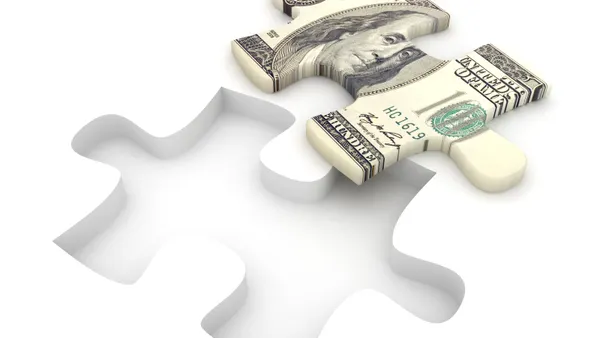The Limited, once the flagship of a retailing empire, has closed all of its 250 stores, citing the “increasingly challenging environment” for mall-based apparel retailers.
The closures eliminate about 4,000 jobs and leave The Limited with only a digital presence. “We’re sad to say that all The Limited stores nationwide have officially closed their doors,” the company announced Saturday in a message on its website.
“The styles you love are still available online — We’re just a quick click away 24 hours a day,” it added.
The Limited’s owner, private-equity owner Sun Capital Partners, cited the same trends that have caused other retailers including Sears and Macy’s to announce mass closures of stores recently.
“We have worked very hard and made significant investments over nine years to improve operations and create a sustainable business at The Limited,” Sun Capital told Reuters. “In an increasingly challenging environment for mall-based retail and women’s apparel, we are very disappointed that the company has had to make the difficult decision to close its retail locations.”
As The Washington Post reports, there had been “a steady drumbeat of evidence that trouble was brewing at The Limited. During the December shopping rush, the store’s 80 percent off deals and its sudden decision to disallow returns seemed more characteristic of a fire sale than a holiday bonanza.”
The Limited was part of the retail empire of Leslie H. “Les” Wexner, which also included the Express and Structure stores. It was spun off from L Brands in 2007 in a leveraged buyout by Sun Capital.
Liz Dunn, chief executive of retail consulting firm Talmage Advisors, said The Limited has suffered from its inability to keep up with trends.
Shoppers are “looking for really fast fashion, for things that are hyper-relevant to what’s going on in fashion right now — and as inexpensive as possible,” she told the Post.
Even though Sun Capital is writing down the remaining equity value of Limited Stores to zero, it told investors it has made 1.8 times its $50 million investment in the chain, thanks to prior distributions and dividends.












